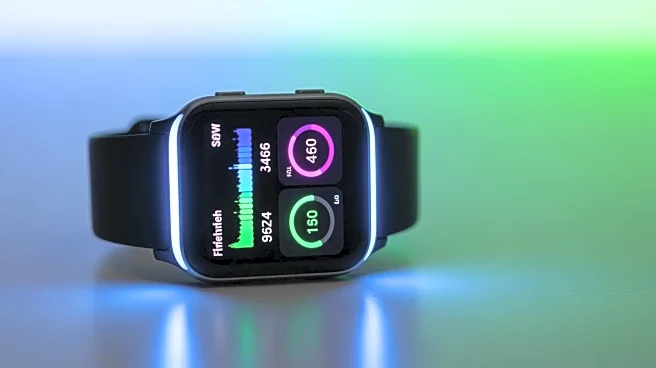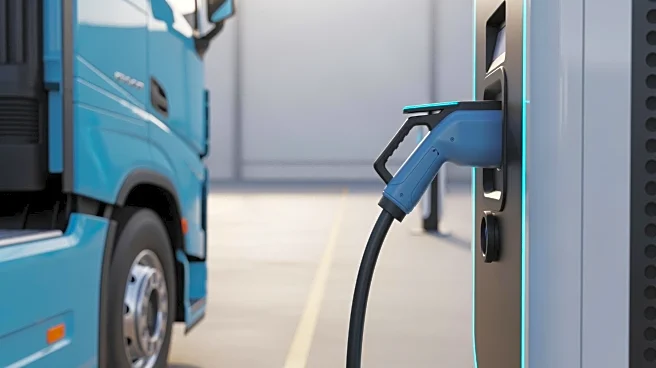What's Happening?
A clinic in Johannesburg, South Africa, which provided essential services to over 1,000 transgender individuals, many of whom are living with HIV, has been forced to close due to funding cuts from USAID.
The clinic was a critical resource for the transgender community, offering medical support and HIV treatment. The funding cuts were part of broader reductions implemented by President Trump, affecting various international aid programs. The closure of the clinic highlights the vulnerability of marginalized communities when international aid is withdrawn.
Why It's Important?
The closure of the clinic underscores the significant impact of international aid on healthcare services for marginalized groups. The decision to cut funding by USAID, as directed by President Trump, has real-world consequences for the transgender community in Johannesburg, potentially leading to increased health risks and reduced access to necessary medical care. This development raises concerns about the future of similar programs worldwide, as funding cuts can lead to the deterioration of essential services for vulnerable populations. The situation also highlights the interconnectedness of global health initiatives and the role of U.S. policy in shaping outcomes for communities abroad.
What's Next?
The closure of the clinic may prompt advocacy groups and international organizations to seek alternative funding sources to continue providing services to the transgender community in Johannesburg. There could be increased pressure on the U.S. government to reconsider its aid policies, especially those affecting healthcare services for marginalized groups. Additionally, local governments and NGOs might step in to fill the gap left by USAID, although this could take time and require significant resources. The situation may also lead to broader discussions on the importance of sustaining international aid for healthcare initiatives.
Beyond the Headlines
The funding cuts and subsequent clinic closure highlight ethical considerations regarding the responsibility of wealthier nations to support global health initiatives. The decision to withdraw aid raises questions about the prioritization of resources and the impact on human rights, particularly for marginalized communities. This development may also influence public opinion and policy discussions in the U.S. regarding the role of international aid in promoting global health and equality. Long-term, the situation could lead to shifts in how aid is allocated and the criteria used to determine funding priorities.









